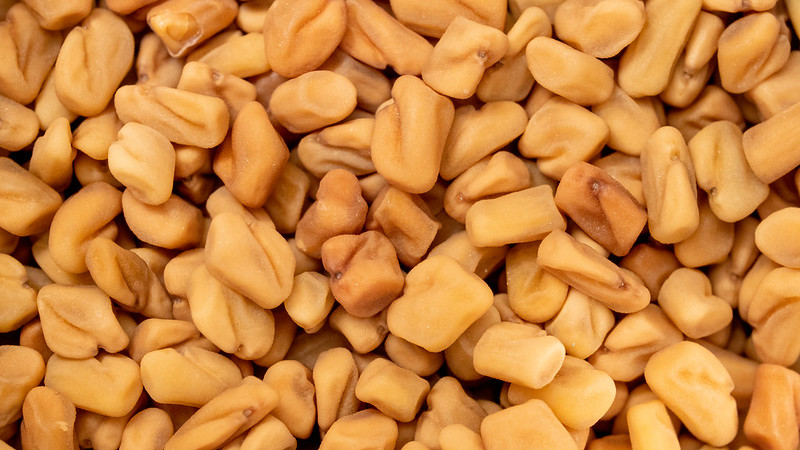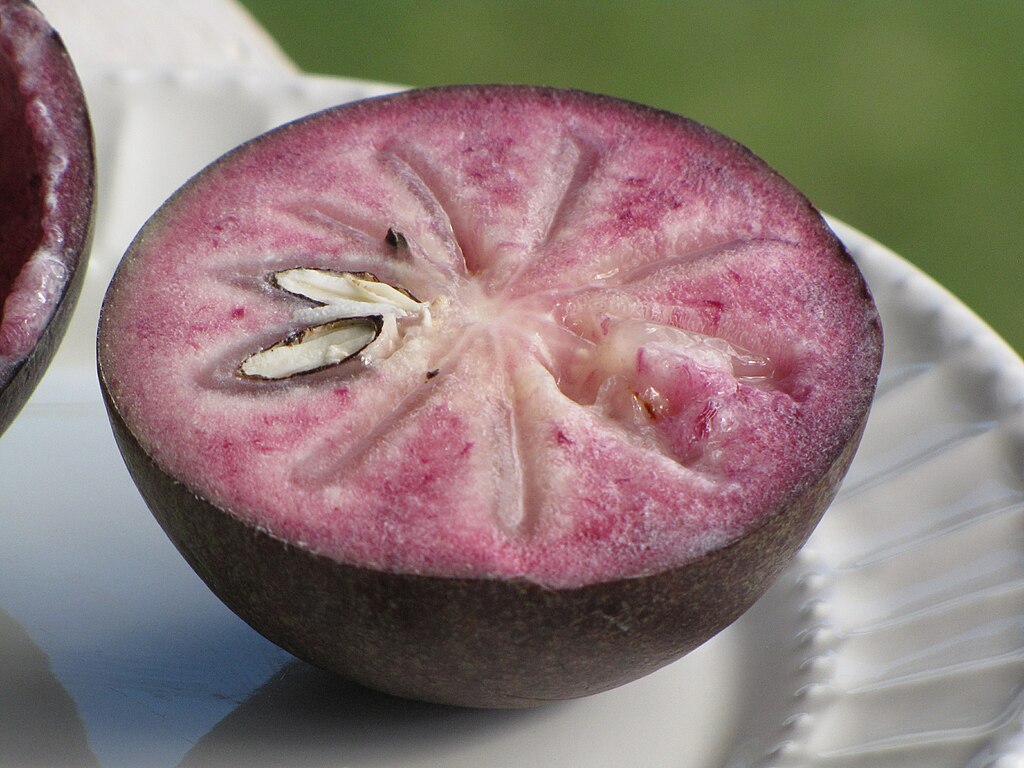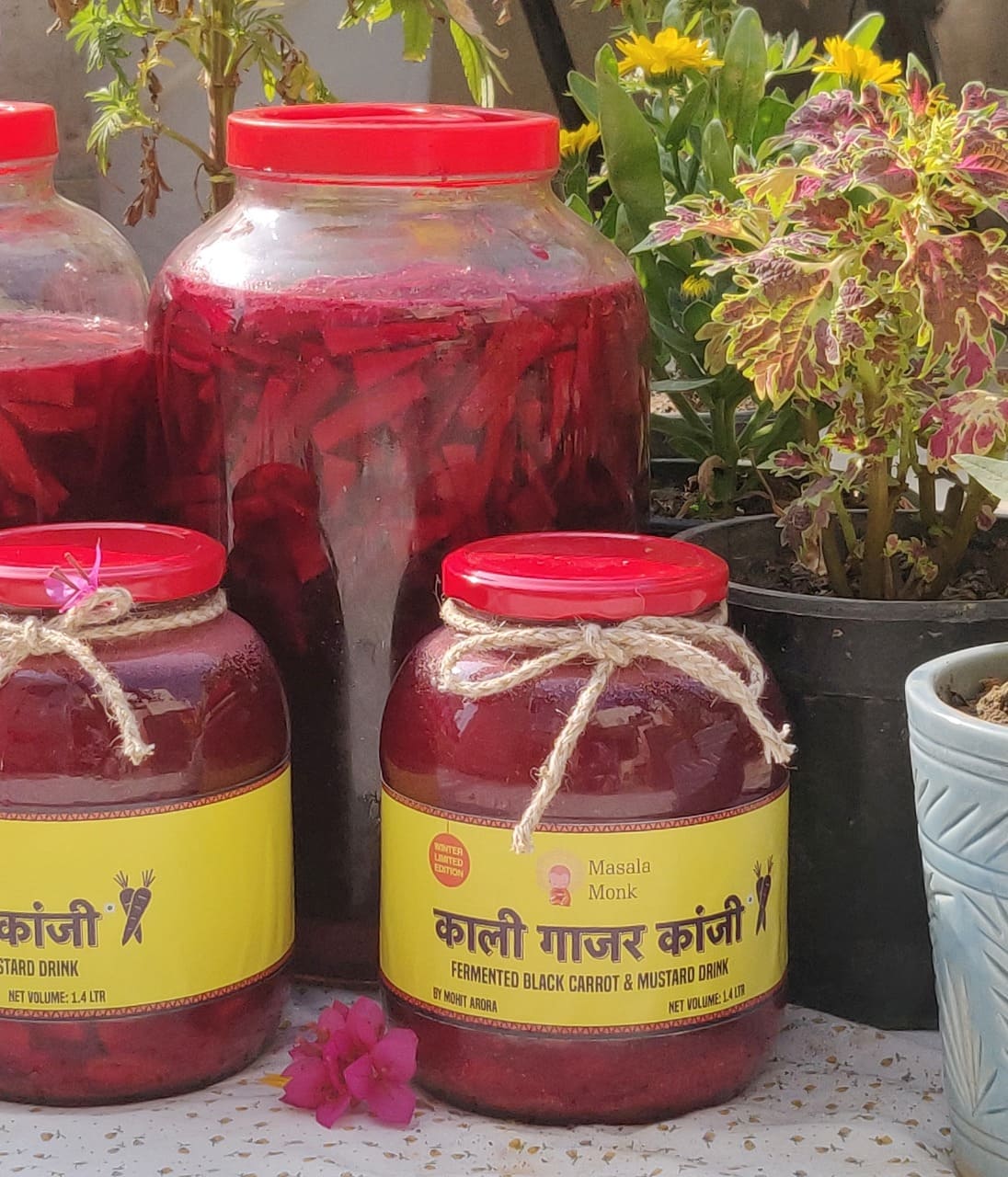
Sprouted fenugreek, also known as methi sprouts, is a powerhouse of nutrients that offers numerous health benefits. In this detailed blog post, we’ll dive deeper into the nutritional profile of sprouted fenugreek, explore its potential health advantages, discuss the sprouting process in more detail, and provide additional tips on incorporating these sprouts into your diet. Get ready to discover the remarkable potential of sprouted fenugreek for your overall health and well-being! 🌿💪
💪 Exploring the Nutritional Power of Sprouted Fenugreek: Sprouted fenugreek seeds undergo a transformative process that significantly enhances their nutritional content. Here’s a closer look at the key nutrients found in sprouted fenugreek:
🌿 Vitamins: Sprouted fenugreek is a rich source of vitamins, including vitamin C, vitamin K, vitamin A, and various B vitamins such as folate, thiamine, and riboflavin. These vitamins play vital roles in immune function, energy metabolism, bone health, and cellular processes.
💪 Minerals: Sprouted fenugreek contains essential minerals like iron, magnesium, manganese, phosphorus, and potassium. These minerals are involved in various physiological functions, such as red blood cell production, muscle function, bone health, and electrolyte balance.
🌿 Antioxidants: Sprouted fenugreek boasts high levels of antioxidants, including flavonoids, polyphenols, and other potent compounds. Antioxidants help protect the body against harmful free radicals, reduce oxidative stress, and combat inflammation, thus supporting overall health and reducing the risk of chronic diseases.
💪 Dietary Fiber: Sprouted fenugreek is a good source of dietary fiber, which aids digestion, promotes satiety, and helps maintain healthy blood sugar levels. Fiber also supports gut health by nourishing beneficial gut bacteria.
🌿 Protein: Sprouted fenugreek is a plant-based protein source, containing essential amino acids necessary for muscle growth, repair, and overall tissue health. Protein is also important for maintaining healthy skin, hair, and nails.
💪 Enzymes: During the sprouting process, enzymes are activated in fenugreek seeds, increasing their bioavailability and aiding in digestion. Enzymes play a crucial role in breaking down macronutrients and facilitating nutrient absorption.
🌿 Promoting Digestive Health: The fiber content in sprouted fenugreek promotes regular bowel movements, alleviates constipation, and supports a healthy digestive system. It also contributes to a feeling of fullness, aiding in weight management.
💪 Boosting Immune Function: The combination of vitamins, minerals, and antioxidants in sprouted fenugreek helps strengthen the immune system, supporting the body’s defense against infections and diseases.
🌿 Reducing Inflammation: The potent antioxidant and anti-inflammatory properties of sprouted fenugreek may help reduce inflammation in the body, which is associated with various chronic conditions, including cardiovascular disease, diabetes, and certain cancers.
💪 How to Sprout Fenugreek Seeds: To sprout fenugreek seeds at home, follow these step-by-step instructions:
- Soaking: Rinse fenugreek seeds thoroughly and soak them in a bowl of water overnight or for at least 8-12 hours.
- Draining and Rinsing: After soaking, drain the water and rinse the seeds well under running water to remove any residue.
- Sprouting: Transfer the seeds to a sprouting jar or a container lined with a mesh or cheesecloth. Spread them out evenly, ensuring there is enough space for air circulation.
- Rinsing and Draining: Rinse the seeds twice a day, ideally in the morning and evening, by adding water to the container, swirling it around, and draining it thoroughly.
- Sprouting Time: Continue the rinsing and draining process for approximately 3-4 days or until the sprouts reach the desired length. Ensure that the sprouts are kept moist but not soaked.
- Harvesting and Storing: Once the sprouts have reached the desired length, rinse them one final time and gently pat them dry. Store the sprouts in a clean, airtight container in the refrigerator for up to a week.
🌿💡 Tips for Incorporating Sprouted Fenugreek into Your Diet: Now that you have your fresh sprouted fenugreek ready, here are some creative ways to include them in your meals:
- Salads: Add a handful of sprouted fenugreek to your favorite salads for an added crunch and a mild, nutty flavor.
- Smoothies: Blend sprouted fenugreek into your smoothies along with other fruits, vegetables, and plant-based milk for a nutritious and energizing boost.
- Stir-fries and Curries: Toss sprouted fenugreek into stir-fries, curries, or sauté them with vegetables to add a unique texture and taste.
- Sandwiches and Wraps: Sprouted fenugreek can be used as a filling or topping for sandwiches and wraps, providing a nutritious punch.
- Soups and Stews: Add sprouted fenugreek during the final stages of cooking soups and stews to retain their crunchiness and introduce an extra layer of flavor.
Remember to wash the sprouts thoroughly before consumption and enjoy them as part of a balanced diet.
🌿💪 While sprouted fenugreek offers a range of potential health benefits, individual responses may vary. It’s always best to consult with a healthcare professional or registered dietitian before making significant changes to your diet, especially if you have underlying health conditions or are on medication.
Blog tags: Sprouted Fenugreek, Methi Sprouts, Nutritional Power, Vitamins, Minerals, Antioxidants, Dietary Fiber, Protein, Enzymes, Digestive Health, Boosting Immune Function, Reducing Inflammation, Sprouting Process, Salads, Smoothies, Stir-fries, Curries, Sandwiches, Wraps, Soups, Stews.












